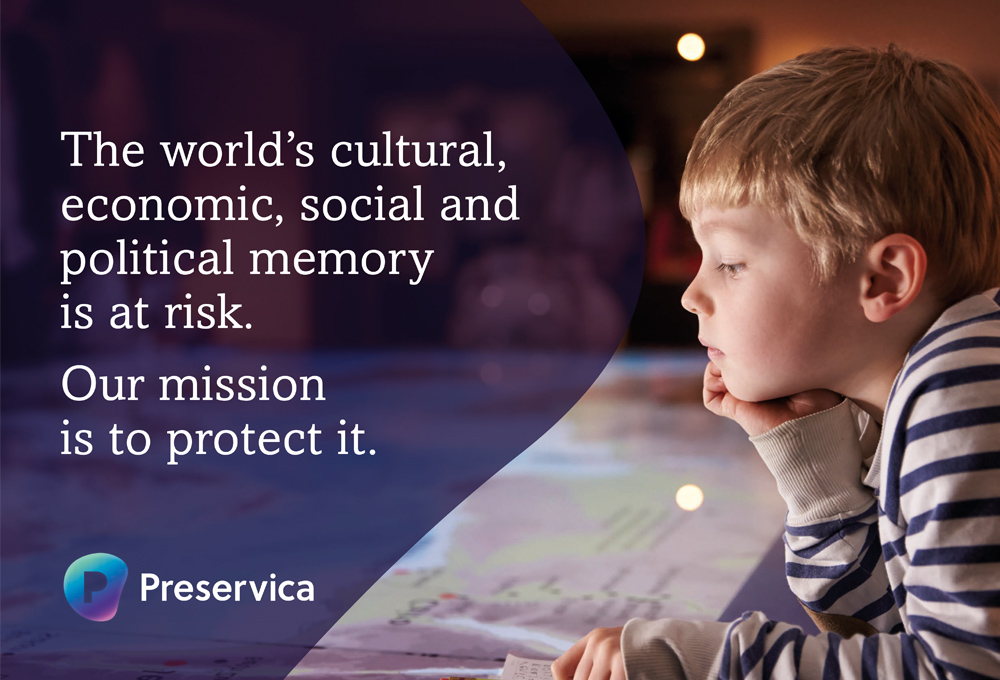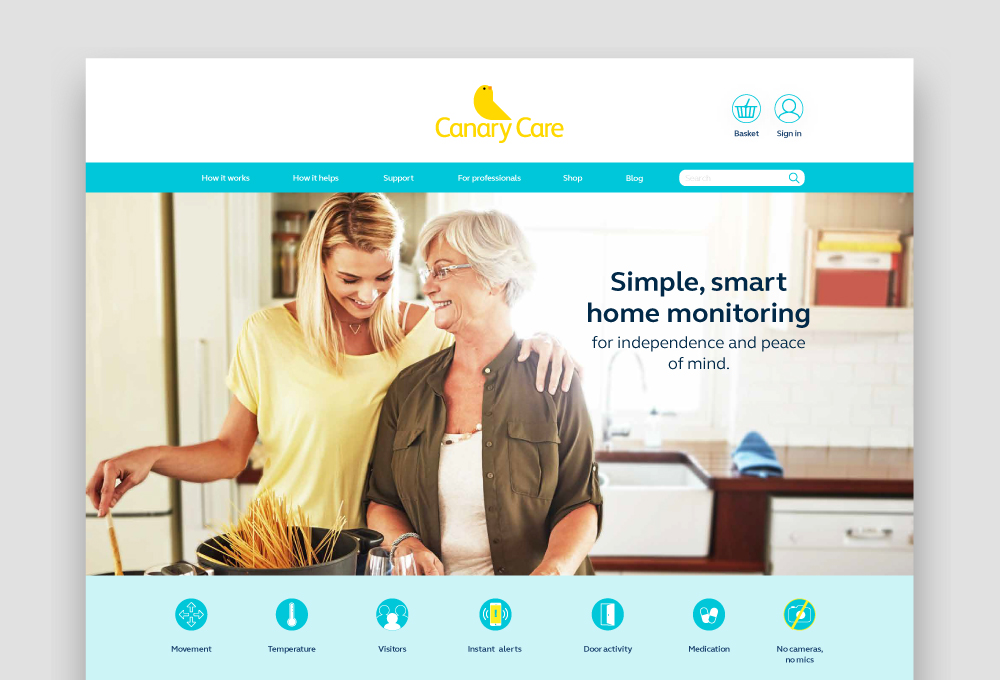Technology, Innovation & Fast-growth: simply does it

Products and ideas in the tech and innovation sector can be, by their nature, complex – often making the most sense to their originators. There can also be an (understandable) tendency by product creators to celebrate features and technology, rather than clearly communicating product benefits and the bigger picture.
Just consider the difference between a circular component that’s intended to rotate on an axle bearing. And a wheel.
We have the expertise and a proven track-record in demystifying and making tech-led, innovative ideas accessible, telling stories and developing identities in a way that quickly resonates and compels.
So, without any more fuss, here are four thoughts on making the complex, simple.
Know your product like the back of your hand
Einstein sums it up neatly: “If you can’t explain it simply you don’t understand it well enough.” Of course, if you’re on the ground floor of a fast-growth business you’ll know your product very well indeed. In fact, you probably spent more time at work than with your family in the early stages of development. But fast-growth businesses can put on headcount quickly and it’s possible not everyone understands things quite as well as you. And that can quickly lead to confusion that could impede your next stage of growth.
Internal comms can play a crucial part in making sure everyone in your organisation knows the ins and outs of your product or service, from your leadership team down. When our client Clearview Intelligence came to us they realised that as they’d grown their business purpose had become muddled and confused. We took time to get to know the business, pick it apart and put it back together again in a way that both employees and customers could easily understand. It was much-needed clarity that re-energised their brand.

Make it matter
At the heart of so many products in the tech and innovation space is a human need. But when you’ve just come out of development phase it can be difficult to move on from how you do something (the technology and features) and into the why (the emotional benefit).
Remember, your customer is rarely interested in what went into your patent application. They want to know what’s in it for them. Here’s an example.
Our client Preservica is an expert in digital preservation. When they approached us about a branding and communications project we discovered that traditional digital formats are fragile, which means basic data backup isn’t enough for about 98% of all organisations because they need to keep files for over 10 years. By providing durable storage, automatic migrating of files into the latest format and easy accessibility, Preservica’s software solved this problem. A new website didn’t get distracted by the technology involved, it used this simple, emotive message:
‘The world’s cultural, social and economic memory is at risk. Our mission is to protect it.’

Simple sells
If you want to get your message across simply in the technology and innovation sector you can usually play on people’s desire for security, privacy or anything that improves their quality of life.
Another client, Canary Care, has developed a smart home monitoring system that gives elderly people independence longer in their own homes, without feeling their privacy is being compromised. (It works using movement sensors and a clever portal, not cameras or microphones).
Canary Care’s existing website focused heavily on the complex problems they were trying to solve. These were important issues but the level and balance of information was a real barrier to sales.

We turned this on its head, making the technology easier to understand and evolving Canary Care’s positioning to talk to a wider audience. And with a new positioning that’s also focused on emotional benefits, it’s already having a positive impact on sales.
Make it snappy
Last year came startling news about our shrinking attention span. With so many other things going on around you, you may have missed it? A survey by Microsoft concluded that the average attention span (defined as the amount of concentrated time on a task without becoming distracted) had fallen to eight seconds, down 50% from the year 2000. Yes, we now have a shorter attention span than goldfish. Official.
Little wonder then that Microsoft’s CEO, Satya Nadella, confidently predicts that “The true scarce commodity (of the near future) will be human attention.” And if that’s the case, then even the simplest things need to be made even simpler, to grab what limited attention we have left.
Watson Wheatley is a leading provider of financial reconciliation software. They really understand their product but they should do, they built it. They can explain things simply but we sought to take it one step further and reflect simplicity in their identity by creating a design language based around the essence of what they do – making numbers balance. The solution was a bold identity with an equals symbol at its heart. The result? Immediate cut-through in a very competitive space.

In conclusion
There’ll always be a place for the detail, but it usually isn’t in your front-line comms. You can add the more complex information elsewhere (on your website for example) and back up your big simple statements with all the diagrams, case studies, instructional videos you wish.
But when people don’t completely understand what your product or service offer them – quickly – they become confused, unenthusiastic and maybe even sceptical about your product.
And eight seconds later, they may even move onto what your competitors have to say.
About Alastair
Alastair Williams
Founder and Creative Director